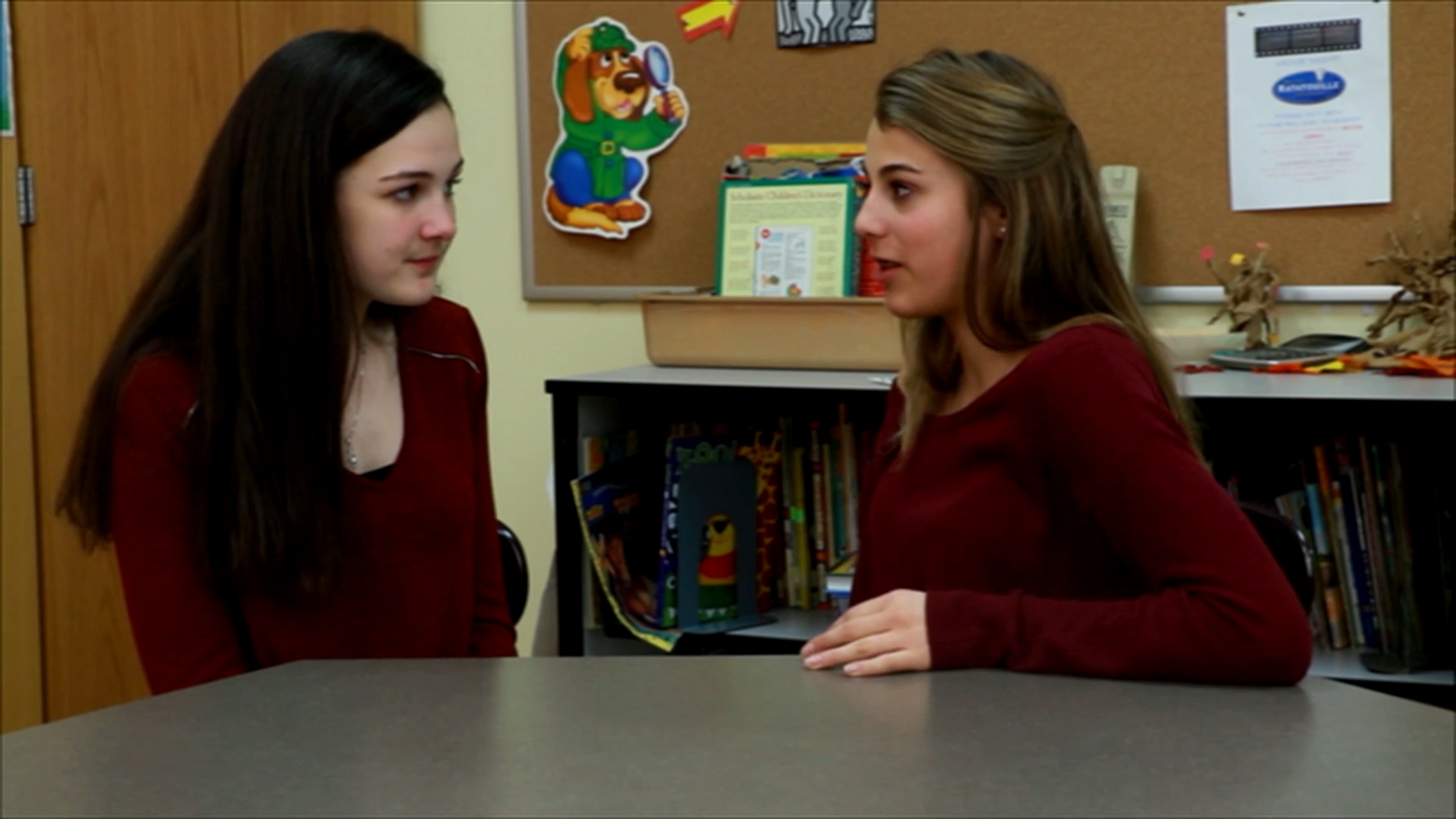
Introduction
Engaging in meaningful conversations is an essential skill for students to develop strong social relationships and succeed in various aspects of life. This blog post focuses on teaching students how to show interest in conversations, which is a vital aspect of Social-Emotional Learning (SEL). By learning to use an excited tone of voice, continue the conversation, and use body language effectively, students can better connect with others and create positive social interactions.
No-Prep Activity
This no-prep activity is designed for educators to help students practice showing interest in conversations. The activity requires no additional materials and can be easily integrated into your existing lesson plan.
Activity: Finding Common Interests
- Divide the students into pairs.
- Ask each pair to find three common interests they share, such as hobbies, favorite movies, or favorite foods.
- During the discussion, encourage students to practice showing interest by using an excited tone of voice, asking follow-up questions, and using body language such as leaning in and using hand gestures.
- After a few minutes, have each pair share their common interests with the class.
- Discuss the experience with the class, focusing on how showing interest made the conversation more engaging and enjoyable.
Discussion Questions
Use these discussion questions to stimulate further conversations about showing interest in conversations:
- How did using an excited tone of voice and body language make you feel more engaged in the conversation?
- What are some other ways you can show interest in a conversation?
- Why is it important to show interest in conversations when building relationships with others?
- How can showing interest in conversations help you in your academic and professional life?
- What challenges do you face when trying to show interest in a conversation, and how can you overcome them?
Related Skills
Teaching students to show interest in conversations is an essential component of Social-Emotional Learning. Other relevant skills for students to develop include:
- Active listening
- Empathy and understanding
- Assertiveness and self-expression
- Conflict resolution
- Building and maintaining relationships
Next Steps
If you’re interested in exploring more activities and resources to help teach students important Social-Emotional Learning skills, we encourage you to sign up for free samples of our materials. Visit Everyday Speech’s sample materials to access a variety of resources designed to help educators engage students in meaningful conversations and foster essential SEL skills.

